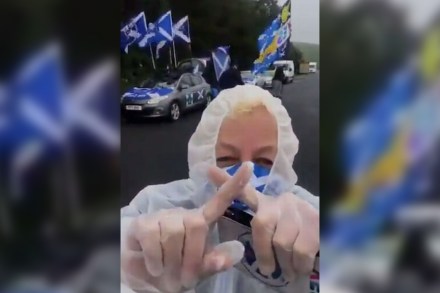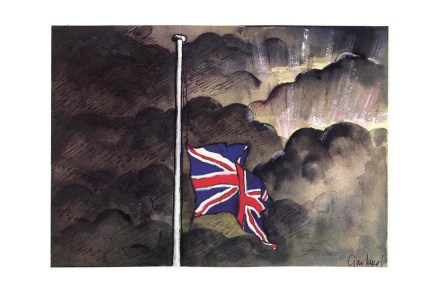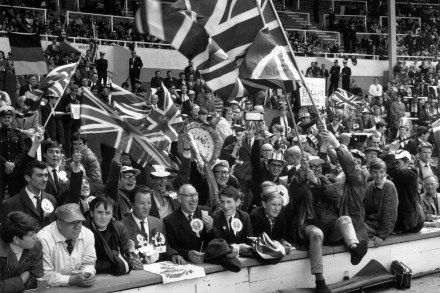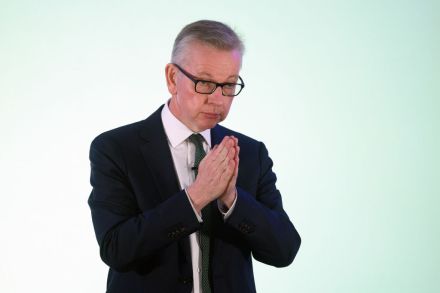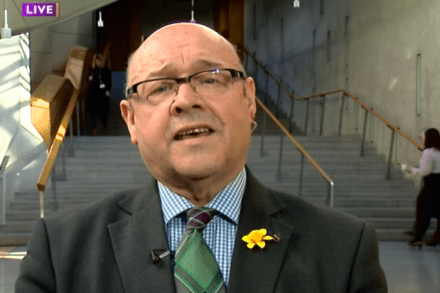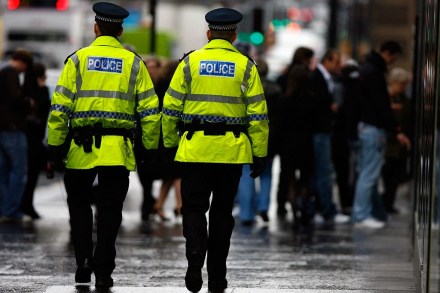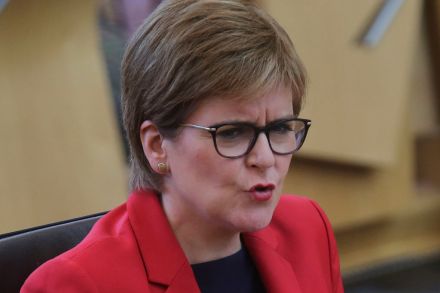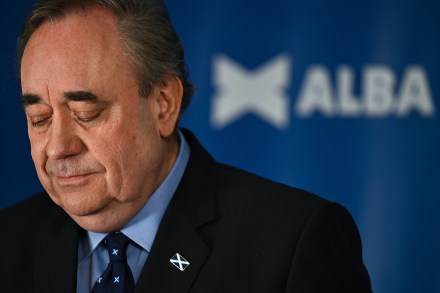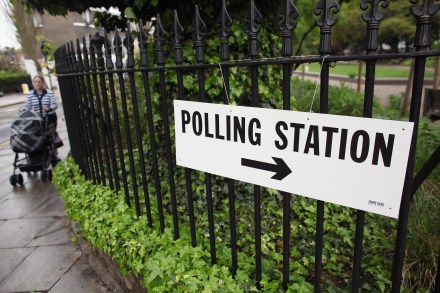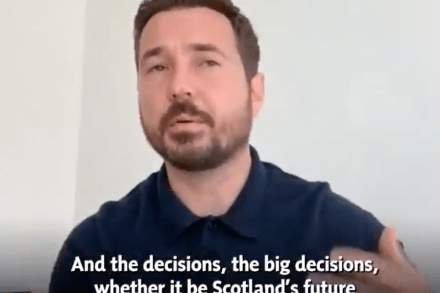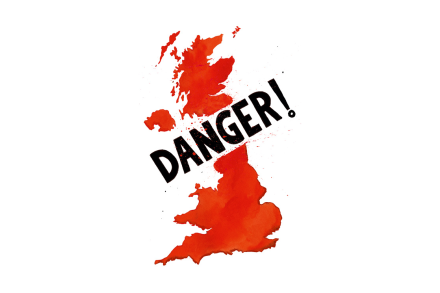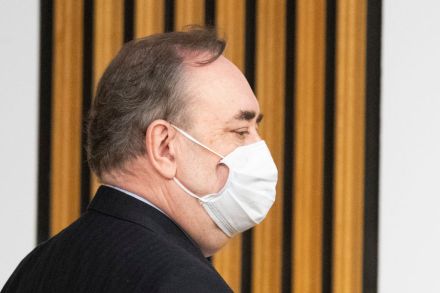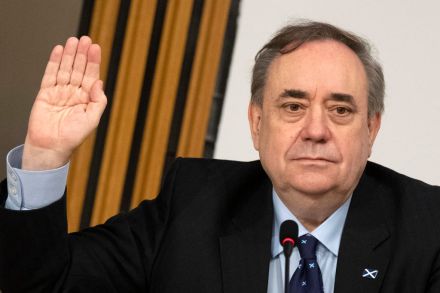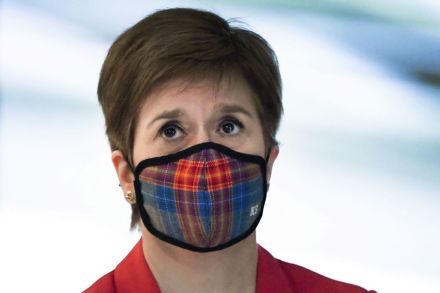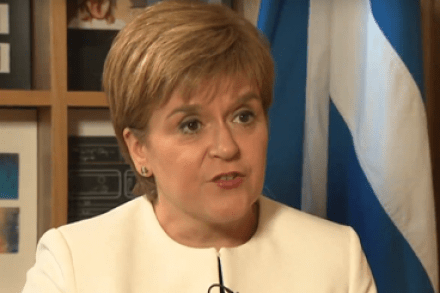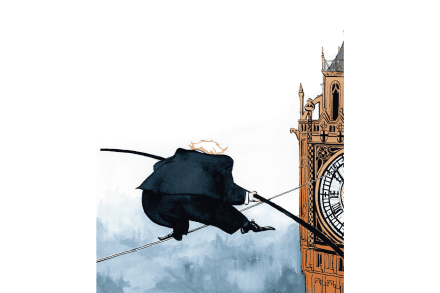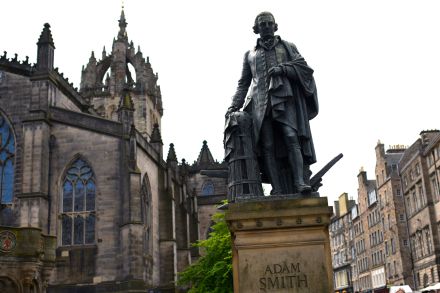Devolution doesn’t work in a crisis
One of the worst features of devolution is the tendency of devocrats to insist on doing their own thing in all circumstances and at whatever cost. The idea that decentralisation would lead to experimentation and the sharing of best practice now seems hopelessly naive. Instead, politicians in Edinburgh and Cardiff try to use nationalism to earth criticism, treating an attack on their records as an insult to the Scottish or Welsh people. Perhaps the most abject example was when a Welsh minister accused Michael Gove of harbouring ‘colonial attitudes’ when the then-education secretary penned an article comparing English and Welsh school outcomes. Even the evidence base that might have supported
